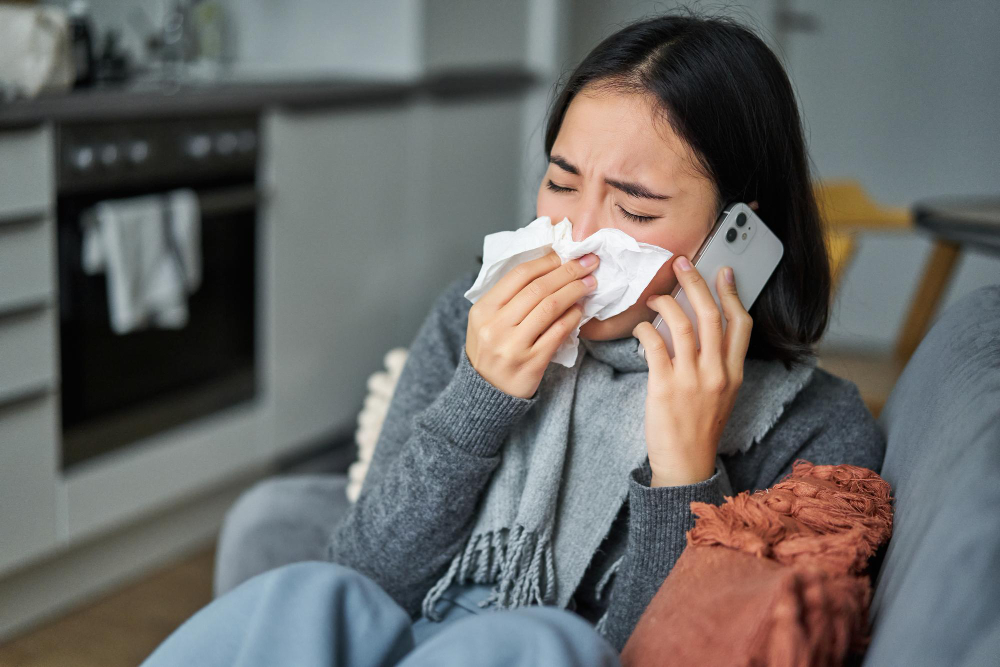Why Influenza is More Than Just a Cold: Understanding the Risks

Influenza, a highly contagious respiratory infection, spreads quickly through airborne droplets or touching contaminated surfaces. The influenza virus represents a significant risk of severe illness and death, particularly among older adults, young children, pregnant women, and individuals with preexisting chronic health conditions such as diabetes, heart disease, or chronic obstructive pulmonary disease (COPD). Annually, influenza is responsible for the deaths of up to 60,000 individuals aged 65 and above. The mutation of influenza viruses occurs rapidly, and uncontrolled spread gives rise to various strains, which fall into two main categories affecting humans: influenza A and influenza B.
Symptoms
Symptoms often appear suddenly, including a high fever, cough, headache, muscle and joint aches, fatigue, and runny nose. These symptoms typically persist for two to seven days. In most cases, influenza is mild and resolves without requiring medical treatment. However, certain groups, such as the elderly, pregnant women, infants, and individuals with preexisting health conditions, are at higher risk of severe complications or even death from the illness.
Prevention
Vaccination represents the most effective method for preventing influenza infection. In healthy adults between the ages of 18 and 64, the influenza vaccine has been demonstrated to reduce the risk of infection by approximately 60% on average. The vaccine typically provides full protection approximately 14 days after administration. The World Health Organization (WHO) recommends annual influenza vaccinations, particularly for individuals in high-risk groups, including:
- Pregnant women at any stage of pregnancy
- Children aged 6 months to 5 years
- Adults over the age of 65
- People with chronic medical conditions
- Healthcare workers
To further reduce the spread of influenza, individuals exhibiting symptoms should take precautions to minimize contact with others. Simple practices, such as covering the mouth and nose with a tissue when coughing or sneezing and frequent handwashing, are essential for the prevention of microbial transmission. The combination of regular vaccination with these preventative measures allows for the effective safeguarding of oneself and those in one's vicinity from the influenza virus.
Treatment
The majority of individuals afflicted with influenza will recuperate without the necessity for medical intervention. Nevertheless, individuals experiencing severe symptoms or managing preexisting medical conditions should promptly seek medical attention.
The majority of individuals afflicted with influenza will recuperate without the necessity for medical intervention. Nevertheless, individuals experiencing severe symptoms or managing preexisting medical conditions should promptly seek medical attention.
For individuals presenting with mild symptoms, recommended actions include:
- Staying home to prevent spreading the virus to others.
- Getting plenty of rest.
- Staying hydrated by drinking adequate fluids.
- Managing symptoms like fever with appropriate treatments.
- Consulting a healthcare provider if symptoms worsen.
Source:
World Health Organization. 2009. Influenza
World Health Organization. A year-round disease affecting everyone
World Health Organization. 2018. Influenza vaccination – 7 things to know
World Health Organization. 2023. Influenza (Seasonal)
 ID
ID
 EN
EN



